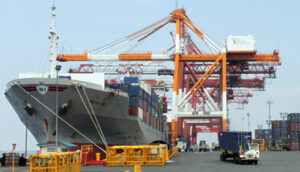THE PHILIPPINES will implement a crypto-asset framework as part of its efforts to combat cross-border tax evasion and illicit financial flows, the Department of Finance (DoF) said.
In a statement on Tuesday, the DoF said it is committed to adopting the Crypto-Asset Reporting Framework (CARF) by 2028.
The framework sets the guidelines for the reporting and automatic exchange of information associated with crypto-assets.
“We need faster and stronger systems for collaboration if we are to beat tax evasion and illicit transactions. This is a timely commitment as digital currency becomes one of the preferred means for transactions,” Finance Secretary Ralph G. Recto said in a statement.
“The government must ensure that crypto-asset users are paying their fair share of taxes and that no illicit financial activity goes unpunished.”
The Philippines made the commitment during the 8th Asia Initiative Meeting in Male, Maldives. It joined 67 other jurisdictions that have already vowed to implement the CARF by 2027 or 2028. Other Asian countries that have made the commitment include Japan, South Korea and Singapore.
The CARF institutionalizes the framework for the reporting and automatic exchange of information in relation to crypto-assets between tax authorities for the purpose of tax compliance.
The Securities and Exchange Commission (SEC) has released guidelines on crypto-asset service providers, which require them to apply for a license.
The SEC said an estimated $40 billion worth of cryptocurrency value was received by the Philippines from July 2023 to June 2024, citing data from the 2024 Geography of Crypto Report of Chainalysis.
In February, the Financial Action Task Force removed the Philippines from its list of jurisdictions under increased monitoring for “dirty money” after over three years or since June 2021.
The European Commission also recently removed the Philippines from its list of high-risk jurisdictions.
Despite the delisting, Xiao Chen, associate director at Moody’s, has said the Philippines should continue to monitor risks in sectors such as cryptocurrency.
“Continued vigilance will be essential, particularly in sectors such as online gaming and cryptocurrency, to ensure that residual risks are effectively managed,” he said. — A.R.A.Inosante


















